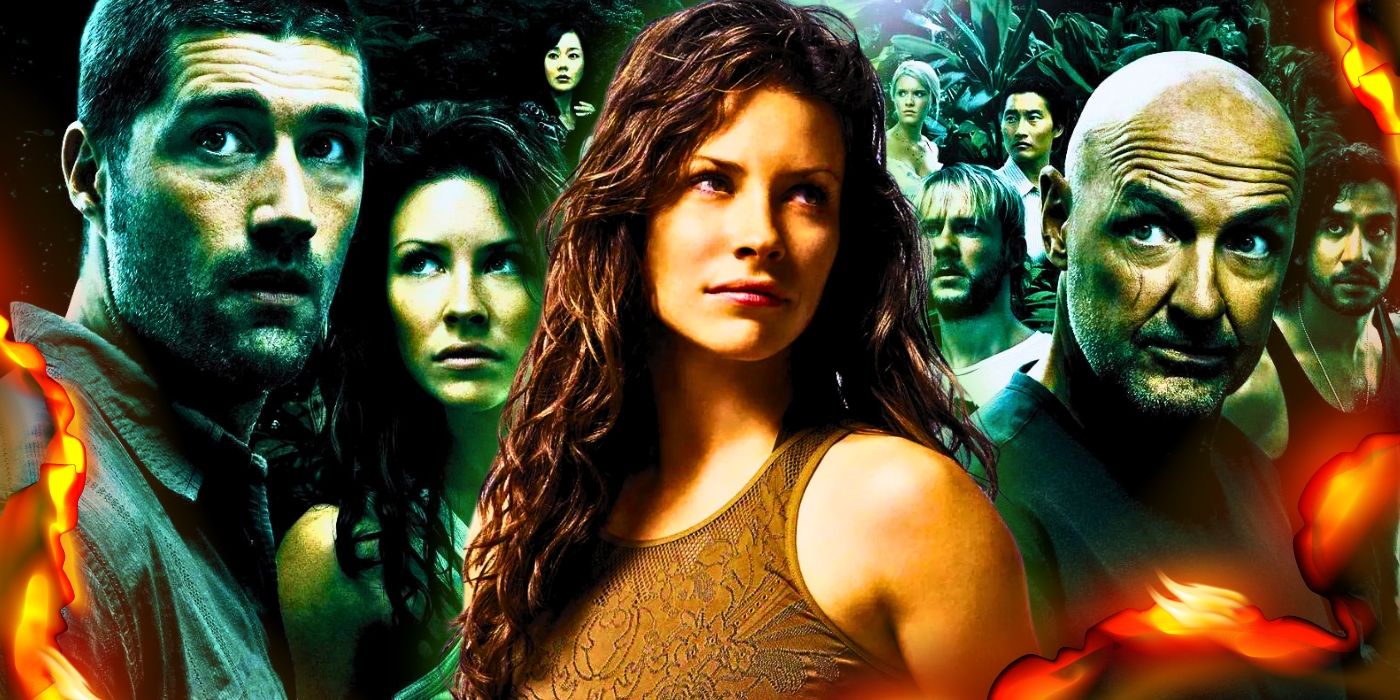
Two decades after its debut, Lost season 1 remains a landmark in television history, yet a closer look reveals a range of glaring shortcomings that warrant discussion. Often regarded as one of the finest seasons, it introduced a captivating premise and a diverse cast of characters, launching a cultural sensation when the pilot episode aired on September 22, 2004. The series brought forth innovative ideas that transformed network television, but retrospection brings to light several aspects that seem less coherent today.
The finale of Lost has always spurred intense debate, much of which relates back to the introductory season. With hindsight, it’s easier to notice various elements that either lacked foresight or failed to be executed effectively. While this should not diminish the enjoyment of such a remarkable season, reflecting on what works and what falls short enriches the viewing experience, especially given how the series concluded and how television has evolved since its airing.
Walt’s storyline, for instance, is one of the first examples of underwhelming potential. Although the show hints at Walt being integral to the narrative, his presence feels inconsequential by the end—his episodes, including “Special,” become almost superfluous. The dynamic between Michael and Walt shows promise, contributing to the character-driven essence of Lost, yet it ultimately fades into obscurity, rendering some of the backstory less compelling upon revisiting.
The flashback technique, which initially received acclaim in season 1 for its ability to juxtapose past and present narratives, quickly turns flat in subsequent seasons. In the early episodes, these flashbacks allowed for deep character exploration, but as the years progressed, the format spirals into repetitive storytelling that saps the very intrigue it initially generated.
Then there’s Kate, whose character arc starts off strong but suffers immensely from an identity crisis as the series unfolds. Initially depicted as a multifaceted individual with a tantalizing backstory, she rapidly devolves into a one-note player in the show’s love triangle. The tension around her character and the accompanying drama dissipate, leaving viewers to wonder what happened to the determined heroine introduced in season 1.
The pilot episode, remarkable as it is, also lays the groundwork for mysteries that meander without resolution for agonizingly long stretches. The black smoke monster and the polar bear ignite initial curiosity, but their answers often seem disjointed and far removed from their impactful introductions. The narrative risk taken by withholding resolutions can be seen as both a bold storytelling choice and a frustrating flaw.
Another aspect to consider is the division of the survivors into groups based on residing locations like the caves, a potential source of dramatic tension that unfortunately fizzles out quickly. This division initially serves to create tension among characters but ultimately leads to little in the way of significant developments.
Moreover, the romantic tensions introduced—primarily involving Michael, Sun, and Jin—never truly pay off. The early signs of complicated relationships suggest depth but ultimately lead nowhere substantial, making the romantic subplots feel flat in retrospect.
The overarching structure of Lost, with its lengthy season episode count, begins to show cracks after season 1. While the first season effectively navigates character development and plot, as the series progresses, filler episodes become glaringly apparent. The shift toward a more plot-centric approach in later seasons starkly contrasts the more episodic nature of the inaugural season.
On a broader scale, the narrative cohesion between the show’s first and sixth seasons demonstrates a significant shift. The early dialogue around conflicts of science and faith gives way to a battle of light versus darkness that feels less character-driven and more reliant on lore. The removal of pivotal characters alters the original thematic landscape.
Ultimately, Lost’s romantic entanglements surrounding Jack, Kate, and Sawyer emerge as a case of heightened expectations failing to deliver. While interest is piqued from their initial interactions, the chemistry dwindles into a lackluster dynamic. This indicates a feeling that the series at times prioritized narrative plans over organic character development.
Lost season 1 undeniably establishes an exciting foundation in television history, but its subsequent reflections remind viewers that even the most acclaimed series bear the weight of their imperfections, leading us to navigate both nostalgia and critique as we explore its lasting impact on the genre.





